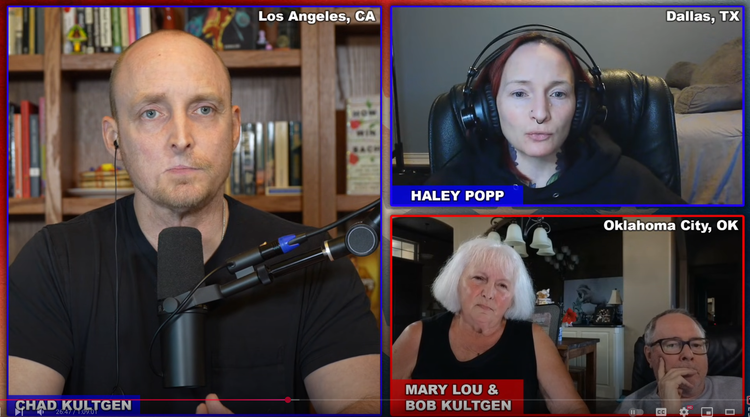How to Shift Votes Away from the Hold the Sask Party Has on Some Parts of Saskatchewan

Ever found yourself in a situation where you're preaching to the choir, but nothing really changes outside the four walls of agreement? It's a bit like sitting in an echo chamber; the sound just bounces back, comfortable and unchallenged. Many of us have been there, sharing tweets, articles, rants, and TikToks, voicing our concerns about the Sask Party. But let’s face it, if we're aiming to shake things up, we’ve got to extend our reach. Raising awareness within our social circles is a good start. Convincing our parents, aunts, neighbours, or anyone in our lives that it's time for a change is where the real challenge, and opportunity, lies.
The question then is, how do we break out of this bubble? How do we transcend beyond just talking amongst ourselves about the need for change and actually inspire that change? It's not enough to rally the usual suspects. To truly influence a shift in power in Saskatchewan, it calls for engaging with those outside our immediate echo chamber. This doesn’t mean launching into a 'Go NDP!' campaign. Rather, it's about fostering genuine conversations and presenting logical arguments that encourage folks to reconsider their allegiance to the Sask Party.
But how can this be achieved without coming across as preachy or confrontational? One approach is by sharing personal stories, or citing concrete examples that highlight the impact of policies on everyday lives. It's about connecting the dots between governance and the real-world consequence—not in abstract terms, but in ways that resonate on a personal level. Empathy and understanding are powerful tools in changing perspectives.
Additionally, we need to broaden the mediums through which we engage. While social media is a fantastic tool for spreading messages quickly, face-to-face conversations carry a weight that tweets and videos cannot. Organizing community events, participating in local forums, and simply having more personal conversations can lead to a deeper, more meaningful dialogue.
Ultimately, the goal is not just to sway votes for the sake of change but to foster a more informed electorate capable of critical thinking. It’s about encouraging people to question the status quo, to look beyond the surface, and to make voting decisions based on thorough analysis and reflection. Encouraging this level of engagement means stepping out of our comfort zones, challenging our own biases, and committing to productive discourse. In doing so, we not only work towards a more dynamic political landscape in Saskatchewan, but also contribute to a healthier democracy.
AI Disclaimer Now That You've Read It
(Or noticed the heading as you were skimming it.)
The above post was written almost entirely by the AI in Voicenotes which riffed off a note I recorded that read (or you can listen to here):
How do we get outside of the echo chamber if we want to try and knock the Provincial Sask Party off its perch of power in Saskatchewan? We can all share tweets and articles and rants and TikToks talking about how bad the Sask Party is, but if we don't convince our parents, our aunts, our neighbours, whoever is in our life that they need to consider seriously changing their vote from the same Sask Party that it's always been to something else, nothing is going to change. So what do we need to do? How do we need to organize without it just being a raw, raw NDP thing, but just something to consider people, help people to consider getting off the Sask Party train.
So it took my 45 seconds of thought and fleshed it out into a 500 word blog post. I edited it slightly before posting it here. In my opinion, I didn't do enough work on this to say "I wrote a new blog post!" And the writing is generic enough that it doesn't really warrant any applause either. What Voicenotes does help with is take a localized idea and expand that beyond my initial brain farts into something I could have spent more time working on and be able to flesh it out into something even better, if I wasn't lazy.
It feels like acknowledging that AI did 98% of the work of this blog post cheapens it, and I've wasted your time in publishing it. But the emotion of what I wanted to write about is still there, so it's not complete garbage... is it?
I'm continuing to experiment with AI in various tools like Voicenotes, Google Gemini (included in my business Google account), Descript, and the recently released ChatGPT for macOS app. But aside from tests like this blog post, I've yet to really use it as the main creative tool in a project. If it's anything over 50% of what I'm doing, it still gives me the ick.
But I know as tools like Suno get better and better—and not just sounding like a bad Christian worship song—it's going to be more and more difficult to tell when someone is relying on AI to create with.
Thanks to Justin Jackson for that sweet ballad about my podcast editing. Here's a few other variations from Suno in case you need a laugh:






Member discussion